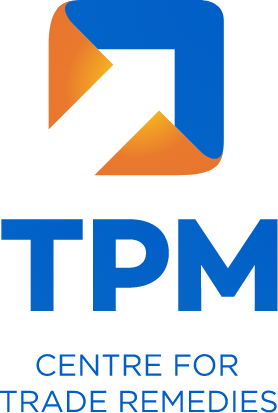Product description – Ferro Molybdenum also known as FeMO.
HS Code – 72027000.
Uses – It is a hardening agent and is found in many alloy steels that are heat treatable. FeMo prevents corrosion in stainless steel, and when mixed with iron, it also strengthens and hardens into austenite.
Country involved – Korea RP.
Applicant – The Indian Ferro Alloy Producers’ Association, Premier Alloys & Chemicals Private Limited, Boon Metal & Alloy Corporation and Team Ferro Alloys Private Limited.
Date of initiation – 30th September 2022.
Period of Investigation – April 2018 to March 2022.
Most recent period – October 2021 to March 2022.
Margins and proposed duty –
| Year | Bilateral safeguard measure |
| Year 1 | Increase the rate of customs duty @ 100% to the level of Most Favoured Nation applied rate of customs duty |
| Year 2 | Increase the rate of customs duty @ 75% to the level of Most Favoured Nation applied rate of customs duty |
Key Findings –
- The anti-dumping rules lay down a minimum requirement of 25%, no such requirement has been laid down in the case of bilateral safeguard rules. Based on the WTO decisions and the Rules, a 25% share in total Indian production can be considered a “major proportion” in the case of a fragmented industry.
- Rules have not prescribed any mathematical figure with regard to the term major proportion. The Director General considered that any share in Indian production that is significant should be considered a major proportion.
- There was difference in the data reported in the application and the DGCI&S published data because of difference in unit measure. Certain import data showed gross weight whereas other import data was reported in net weight.
- The Director General noted that mere gap of time between the present surge in imports and the grant of concession per se cannot prevent an applicant from seeking redressal under the Rules and CEPA. The very purpose of providing transition period is defeated if it considers that the action can be invoked only in respect of surge in imports occurring immediately after grant of concession.
- The Director General compared the monthly average price with the monthly highest price and the lowest price and found that prices of the product under consideration fluctuated significantly even in a particular month. The Director General therefore found that consideration of price undercutting on average basis may not be relevant.
- In order to examine if the imports increased due to custom duty concession, the Director General analysed the imports during the pre-concession, post-concession and during the concession period.
- The Director General also considered the submission that the sale of the product happens through bidding process and since no material has been brought forward to show any other reason in increase in imports, the imports from Korea happen because they are of low price.
- The Director General considered the submission that since more than 90% cost of sales is variable cost, producers would normally take any order only if there is some financial viability. If there is no financial viability, the producers would normally curtail production rather than suffering financial losses. Therefore, effect of import competition comes largely on the sales and production volume. Therefore, the primary form of injury can be found in volume parameters.

